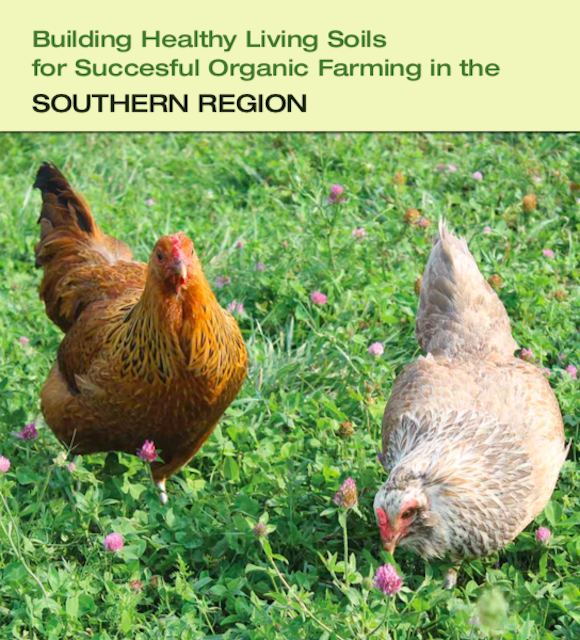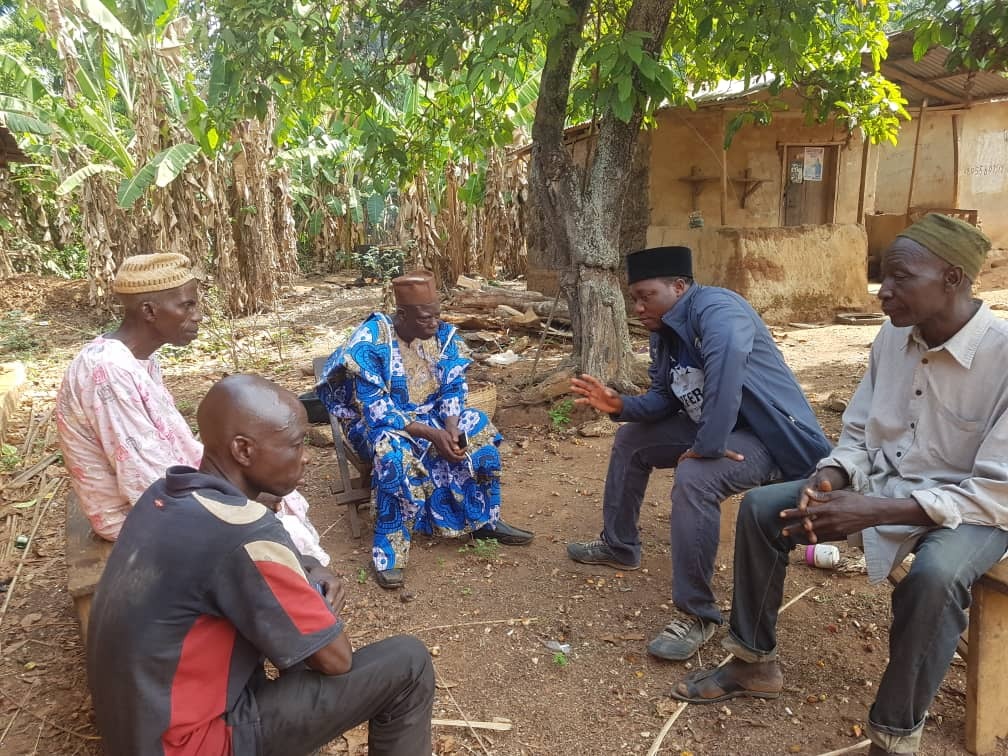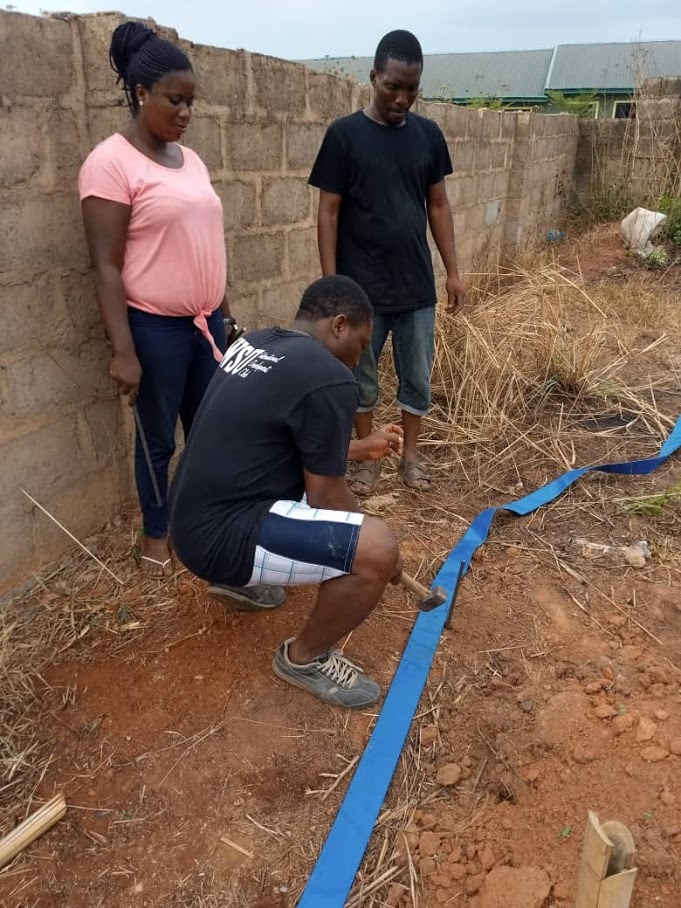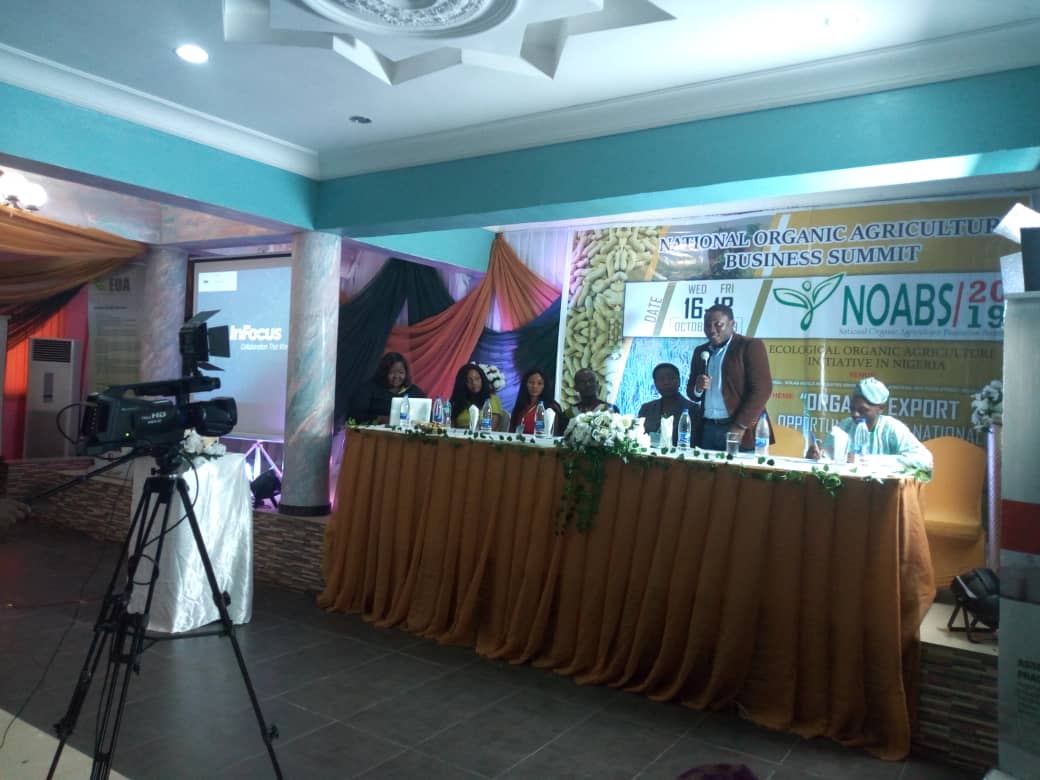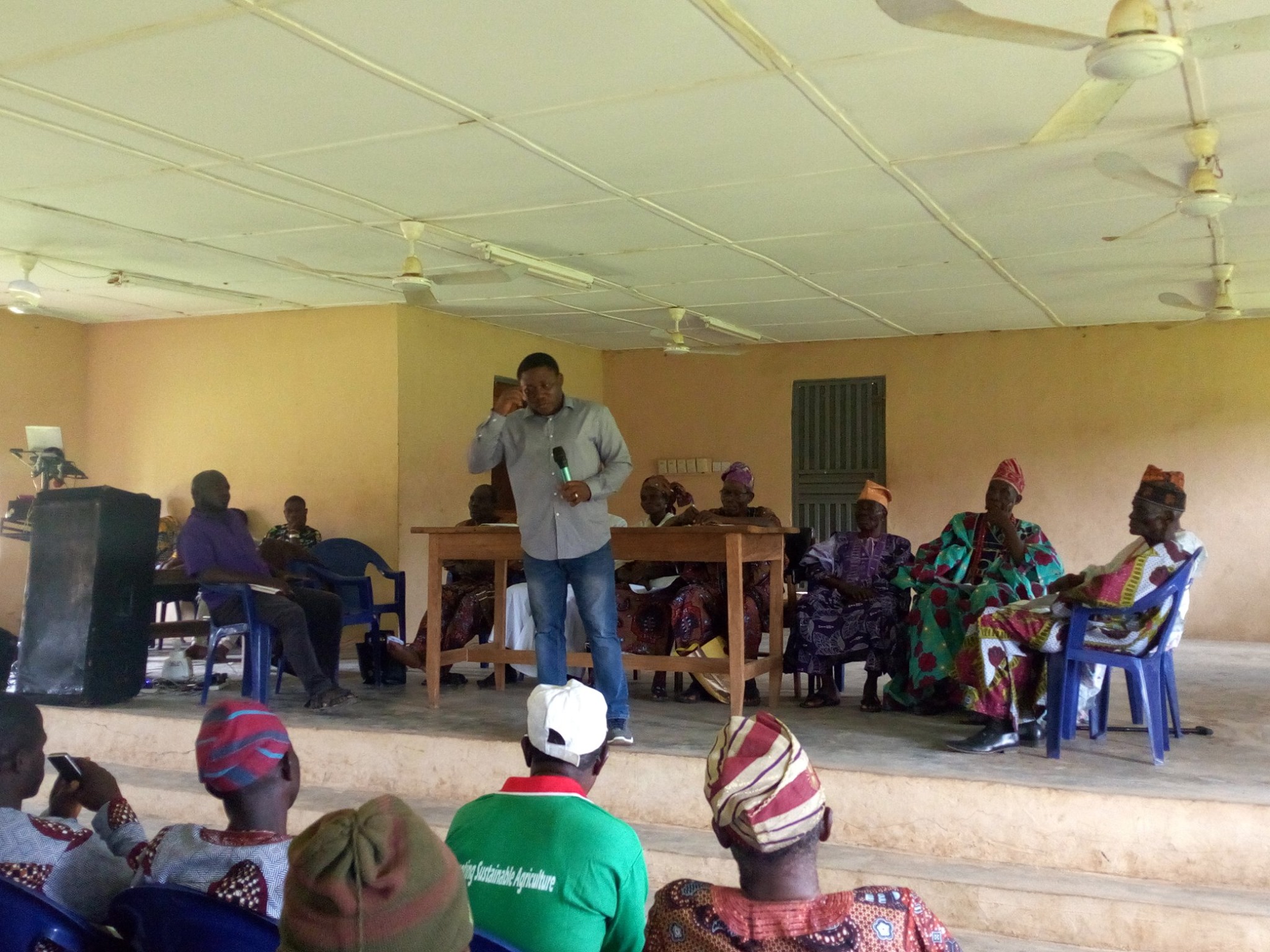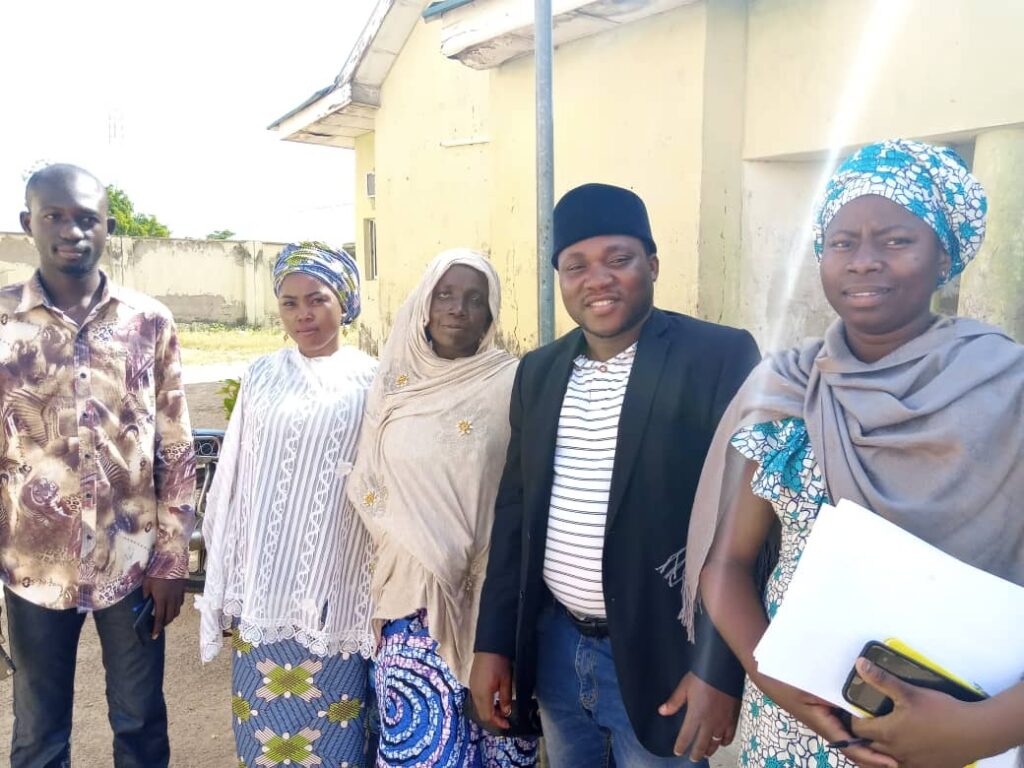FFAR and OFRF Renew Partnership to Improve Soil Health Research
NEWS FOR IMMEDIATE RELEASE
Contact(s): Brise Tencer, 831.426.6606, brise@ofrf.org
Colleen Klemczewski, 574.386.0658, cklemczewski@foundationfar.org
SANTA CRUZ (May 19, 2021) – The Organic Farming Research Foundation (OFRF) and the Foundation for Food & Agriculture Research (FFAR) are thrilled to announce the continuation of their partnership to fund on-farm research advancing the climate benefits of organic agriculture systems. Priorities will focus specifically on the potential of organic agriculture to sequester carbon, mitigate greenhouse gas (GHG) emissions, reduce the environmental impacts of fertilizers and pesticides, and build resilience to a changing climate. Following an initial collaboration in 2019, this partnership has been renewed with a $66,000 grant from FFAR to support OFRF’s 2021/2022 organic research grant cycle. OFRF is providing matching funds to ensure a total investment of at least $120,000 this grant cycle.
The partnership between OFRF and FFAR has been instrumental in providing research that enables organic producers, and others wishing to farm more sustainably, to implement practices that optimize management of nutrient, weed, pest and disease while improving soil health. Five of the thirteen research grants OFRF funded in the 2019/2020 grant cycle focused on soil health and were a direct result of the previous FFAR grant.
“Organic systems that emphasize soil health help farmers and ranchers increase resilience to the impacts of climate change,” said OFRF’s Executive Director Brise Tencer. “There is also extensive research demonstrating the potential of organic systems to reduce agriculture’s contribution to climate change. FFAR’s ongoing investment in farmer/researcher collaborations will support science-based solutions addressing the most pressing challenges facing organic farmers and ranchers today.”
“We are thrilled to continue our partnership with OFRF to fund research that can improve soil health, mitigate the effects of climate change, and support thriving farms,” said FFAR’s Executive Director Dr. Sally Rockey. “Soil is the foundation for a productive agricultural system. Investing in cutting-edge research and technologies today with partners such as OFRF will ensure the soil health is optimal for generating nutritious food for the future.”
OFRF’s grants program is open to all applicants in Canada, Mexico and the United States. Proposals must involve farmers or ranchers in project design, and implementation must take place on certified organic land. All research projects require strong education and outreach components and must lead to measurable outcomes. OFRF will request Letters of Intent (LOIs) for its 2021 grant cycle this summer. Interested parties are encouraged to sign up for OFRF’s newsletter to be notified when the request for LOIs will be released.
To date, OFRF has invested over $3 million in 355 grants across North America. OFRF grant funding has advanced scientific knowledge and improved the ecological sustainability and economic prosperity of organic farming systems. OFRF’s research, education, and outreach efforts have provided thousands of farmers with pertinent, free information and training.
###
Foundation for Food & Agriculture Research
The Foundation for Food & Agriculture Research (FFAR) builds public-private partnerships to fund bold research addressing big food and agriculture challenges. FFAR was established in the 2014 Farm Bill to increase public agriculture research investments, fill knowledge gaps and complement USDA’s research agenda. FFAR’s model matches federal funding from Congress with private funding, delivering a powerful return on taxpayer investment. Through collaboration and partnerships, FFAR advances actionable science benefiting farmers, consumers and the environment.
Connect: @FoundationFAR | @RockTalking
Organic Farming Research Foundation
The Organic Farming Research Foundation (OFRF) is a non-profit foundation that works to foster the improvement and widespread adoption of organic farming systems. OFRF cultivates organic research, education, and federal policies that bring more farmers and acreage into organic production. Project results are shared freely at ofrf.org. OFRF also provides free access to all of its educational materials and resources.
Connect: communications@ofrf



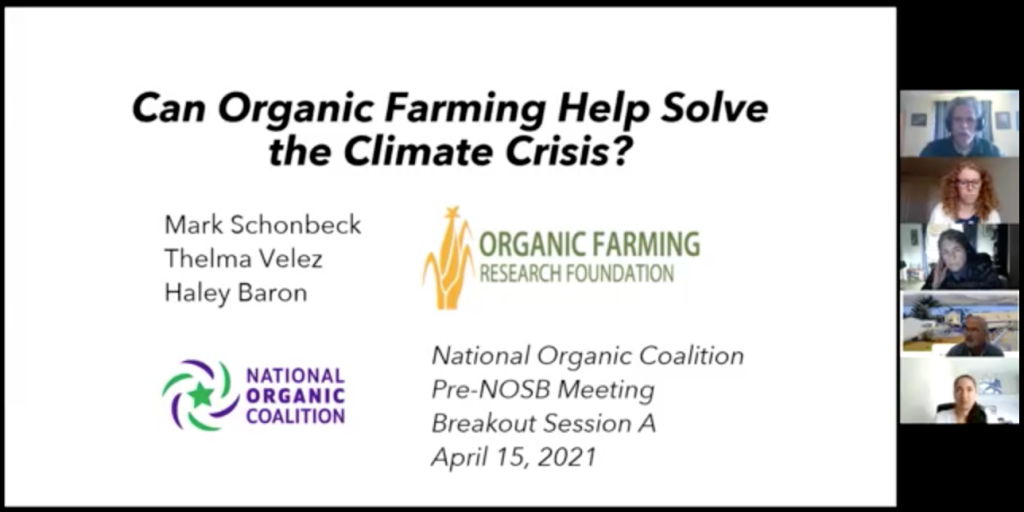
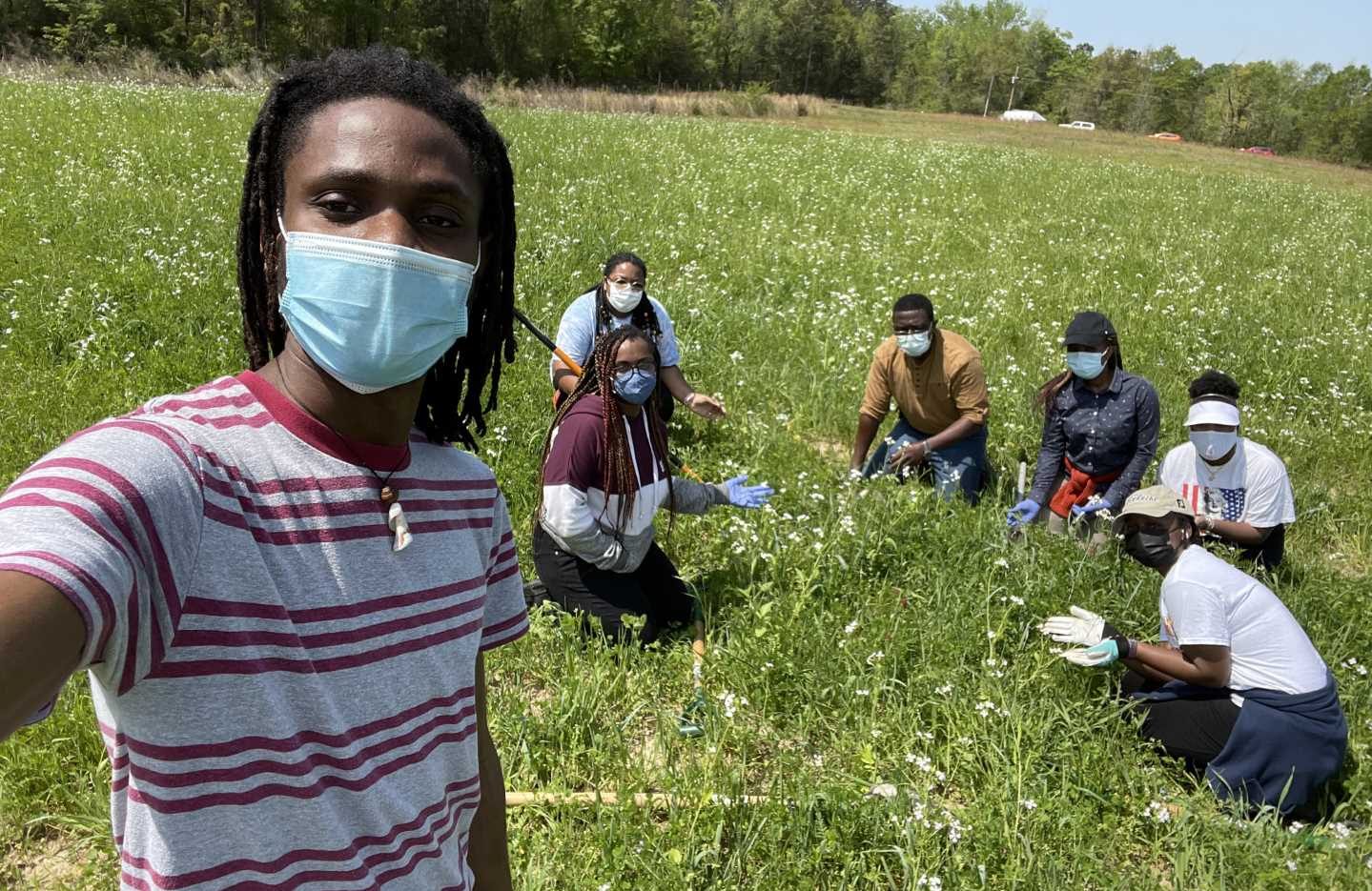
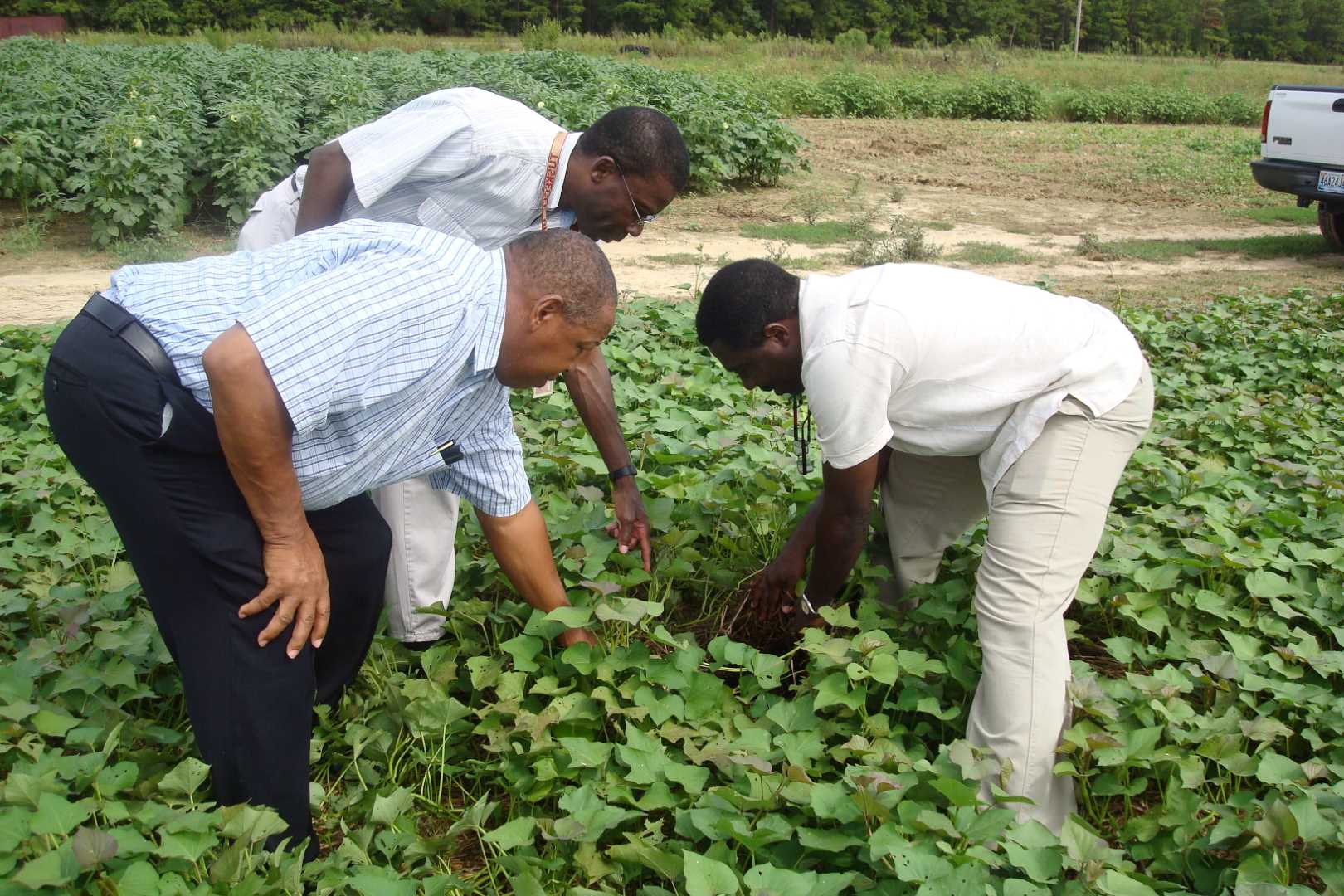
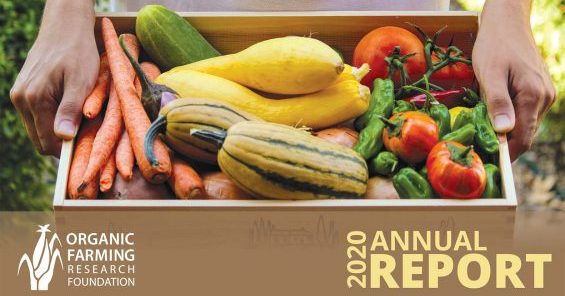 April 7, 2021 –
April 7, 2021 – 